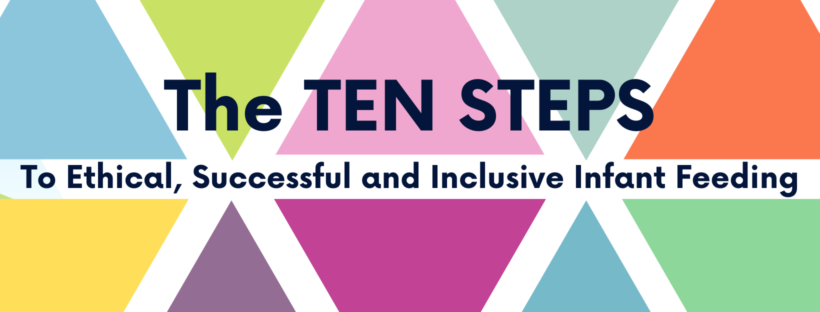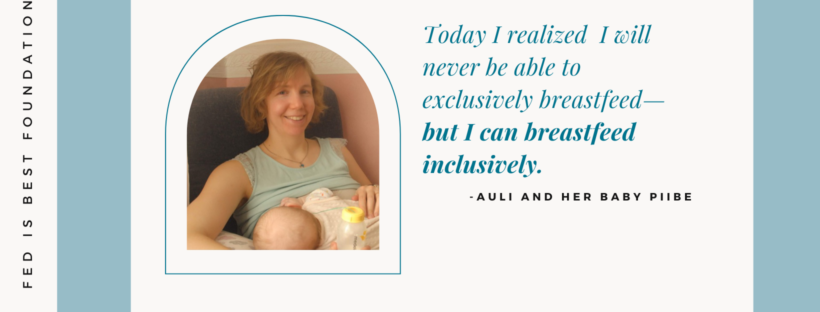Is Modern Day Breastfeeding Advocacy really feminist?
Breastfeeding advocacy is often characterized as feminist, and many people in the current breastfeeding advocacy community would describe themselves as feminists. Feminism, after all, is not just about demanding equality to men; it is about valuing women—our brains, bodies, and work—as much as we do men’s.[1] Breastfeeding and the provision of human milk is work, and many feminists—rightfully—expect that work to be valued.[2]
Modern breastfeeding advocacy started in the 1950s; La Leche League International (LLLI) began as a grassroots organization of women who wanted to breastfeed their babies and assist other interested mothers in doing so. Founders Marian Tompson and Mary White had experienced breastfeeding problems with their first children, leading to unwanted weaning; after successfully breastfeeding subsequent children and learning that many other mothers had been in the same position (bottle-feeding formula out of necessity rather than choice), they organized a group dedicated to helping others who wanted to breastfeed successfully.





